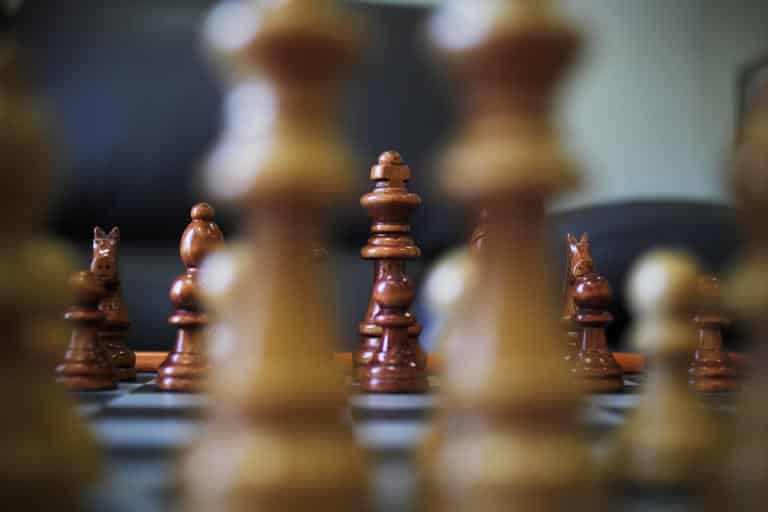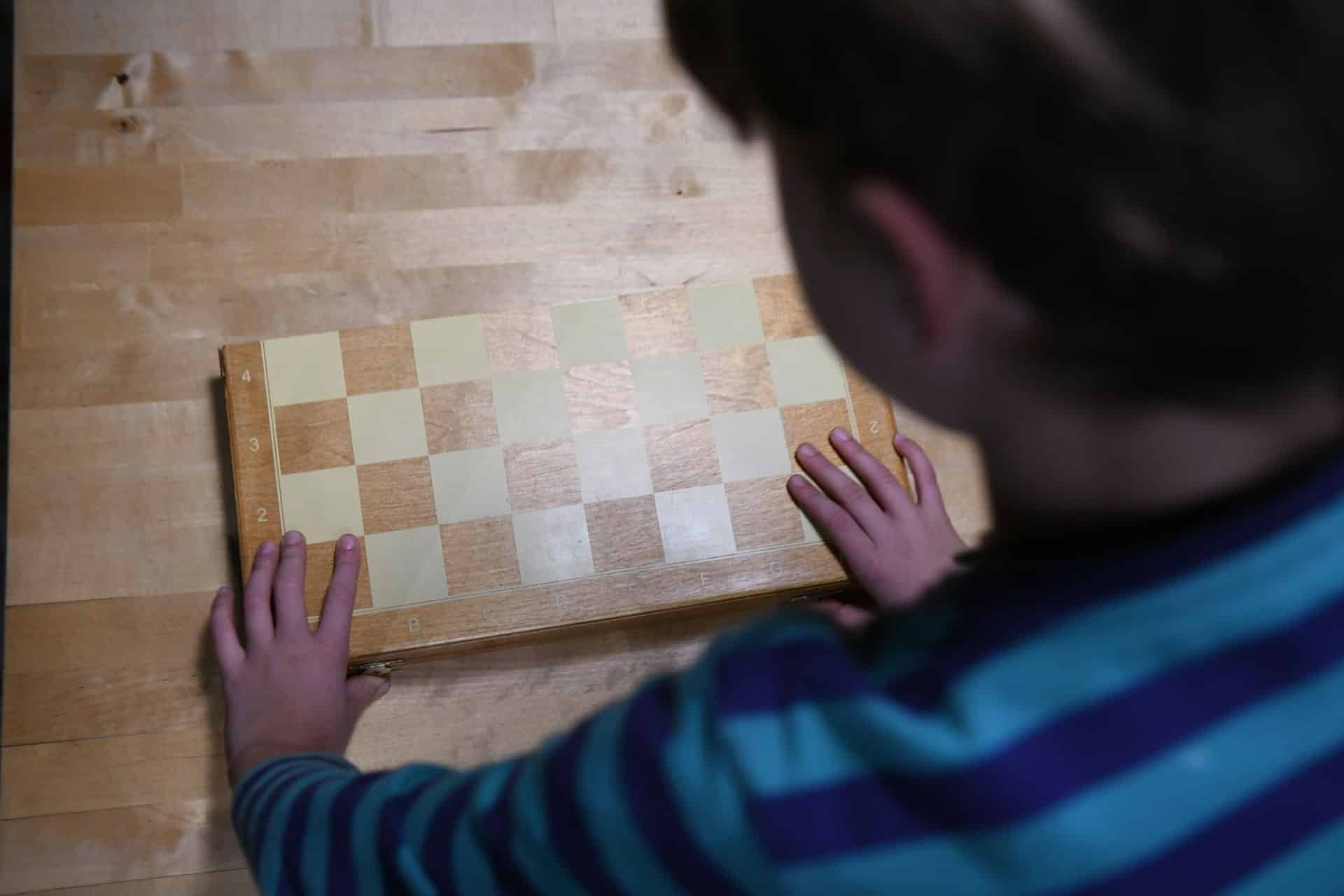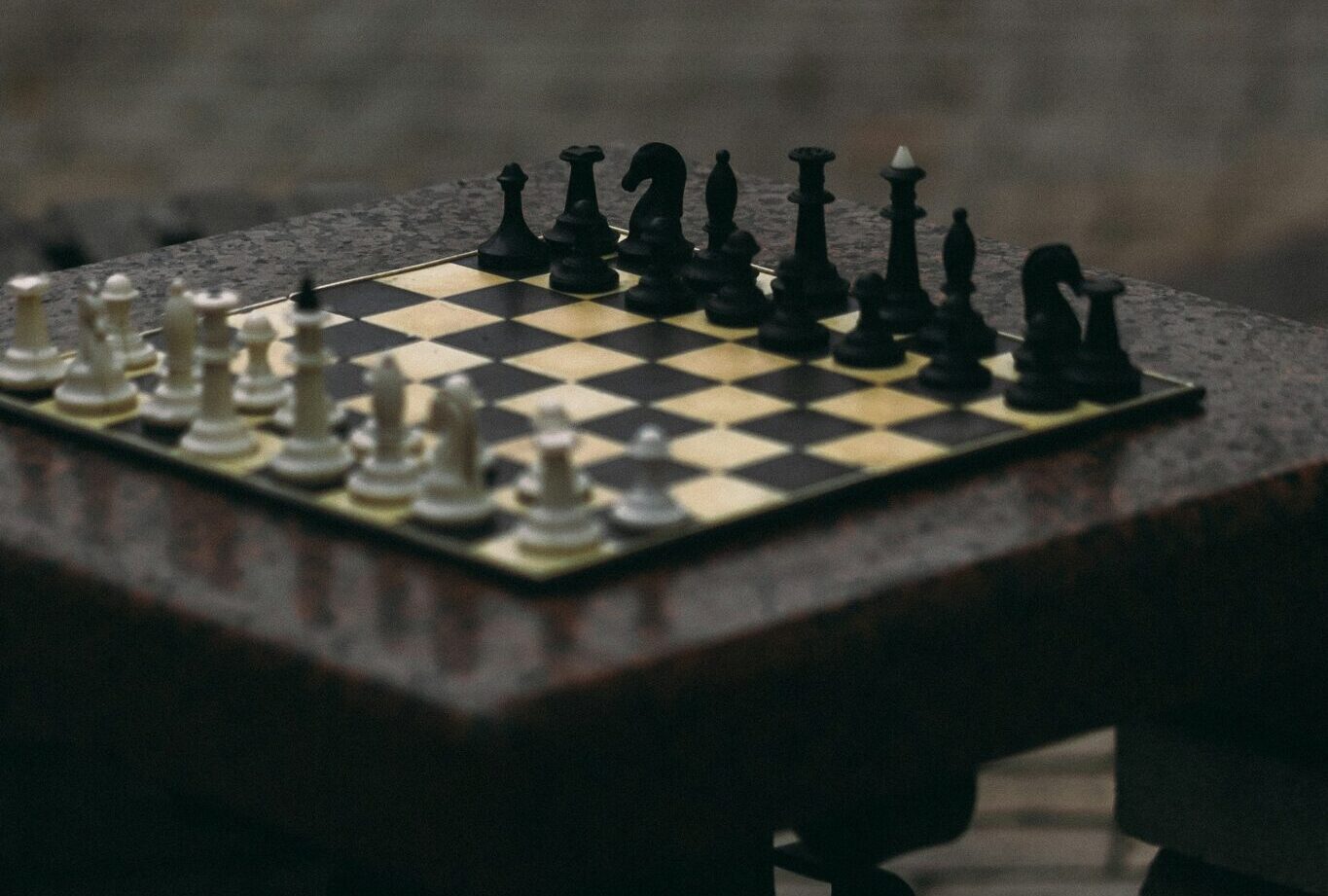Table of Contents
Chess and maths
Math is the perfect science, the type of study that never fails because it uses the most precise type of calculation: Numbers. Chess and maths have many similarities, come of them you will be surprised to know.
Maths are practical calculation exercises and problems that you have to solve using a combination of theoretical and practical knowledge. If you are a chess player, you will notice the similarities between each other.
Just as their practical nature, their adepts are almost equal as well, chess fanatics are compromised and comfortable with chess as a part of their lives.
It is the same effect that happens with maths, the reason why many people logically ask themselves: Chess and maths, what do they have in common?
The answer to this question may surprise you, chess and maths have a good relationship in their history. The truth is that they have a lot in common, we are going to go over that.
Both chess players and maths fanatics may be pleased reading this post, because of one thing we have in common, we are equally passionate about our sciences.
How chess and maths are related
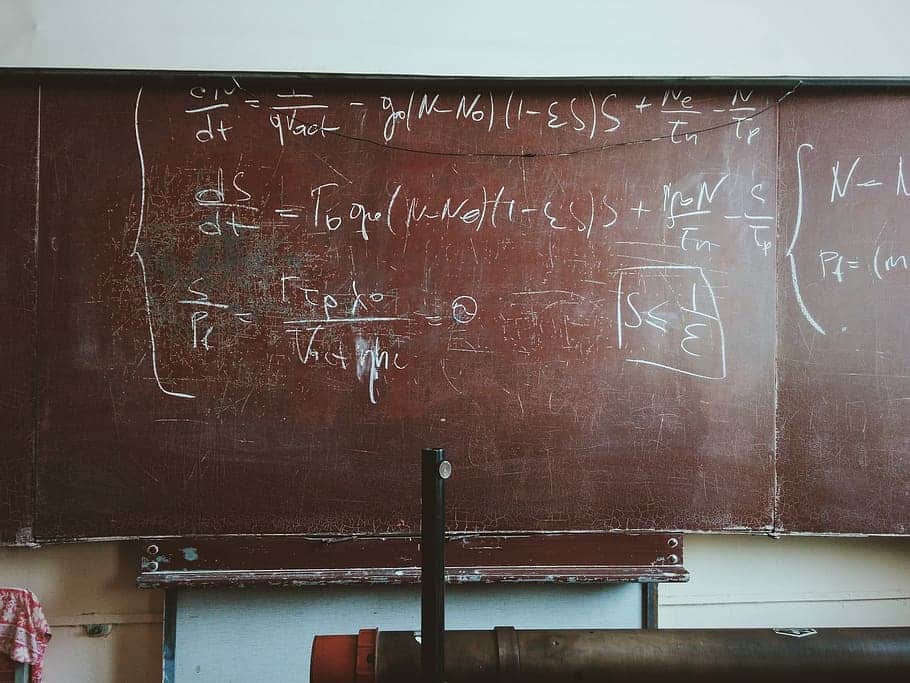
As I said, chess and maths have many practical similarities, one of them being their calculative nature and their precision. But it is going to be better if we list it out and organize ideas:
- Both Chess and maths are perfect sciences, we could say they are completely precise. In math, if you didn’t get the results you were looking for, you must be wrong, but maths themselves will never fail. The same goes for chess.
- Chess players and mathematicians develop more passion for their occupation as they discover more about it. Once you get yourself into the world of these beautiful science/art/sport you never get out. If you really take it seriously it will become a part of your life that you will never leave behind.
- They are things that teach a lot in more than a simple calculation, it is something practical that can be applied in your life as practical knowledge. Both chess and maths enrich your abilities to cope with different situations like problem-solving more easily. You can get positive experiences practicing both as well, it becomes really important.
The world champion who was a math teacher

I am going to get out of the topic a little, but this thematic was too perfect to talk about the ex-chess world champion Max Euwe.
Max Euwe was a Dutch chess player who was the chess world champion in 1935. Euwe’s story is quite different from all of the world champions we have had until now. He was not a person who was 100% dedicated to chess, he was a math professor in the university in Amsterdam.
He was someone who took chess as a pastime activity, but somehow he became the world champion by defeating Alexander Alekhine!
He also wrote an interesting investigation about the topic we are covering today Chess and maths. He made the serious and deep research of the matter, discovering all the secrets that these beautiful sciences have in common.
The essay is very interesting to read, material that we used to nurture this content, but that I recommend you check out on your own!
He wasn’t a fully dedicated chess player, and he would rather work as a teacher than going to chess tournaments that are for sure. But even so, he was among the best players in the world, being at the level of Alexander Alekhine.
Chess + maths = life
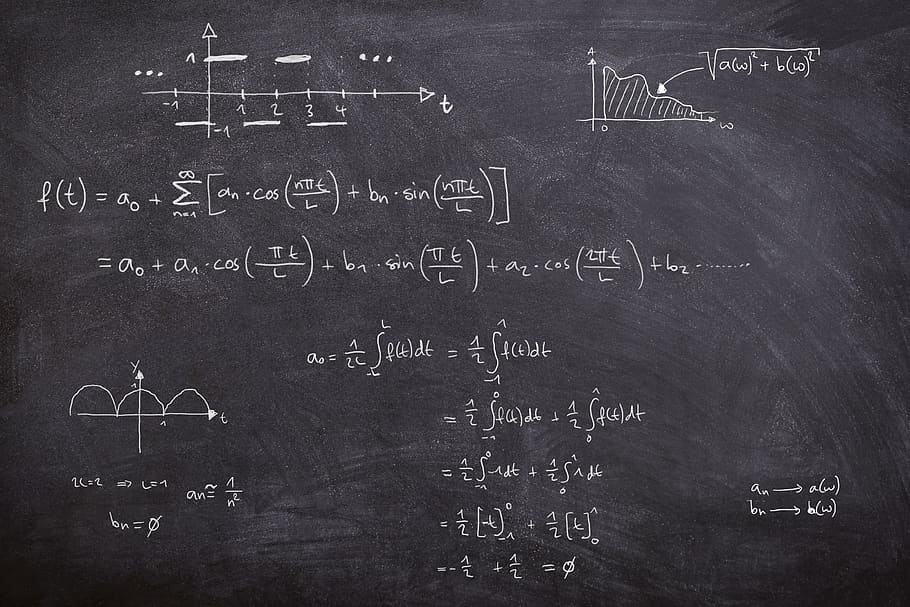
There is one important aspect of chess and maths that we already talked about, but I would love to discuss it even more. Chess and maths have many similarities between themselves, and so do they with life. Yes, life!
They are indeed different disciplines but everything is connected and related. Learning both disciplines will motivate you to learn even more and change the way you think.
Many chess concepts can be applied to life with amazing precision. For example, Mikhail Tal’s quote “Someone who risks can lose, but someone who doesn’t risk anything is already lost”
He said it referring to the sacrifice in chess, but the same can be applied in many aspects of life. Say that you are looking for a couple, but you don’t want to risk yourself getting rejected or not, you will never get the response unless you try.
It is stunning how much you can learn from chess, and I don’t mean just the benefits for your brain, anyway, maths is not left behind here.
Math will teach you how to calculate variations and how to proceed in serious situations where you have to make a decision. In maths, you have to justify every action you take by a mathematical procedure, it develops critical thinking.
Not only math but you can take it anywhere
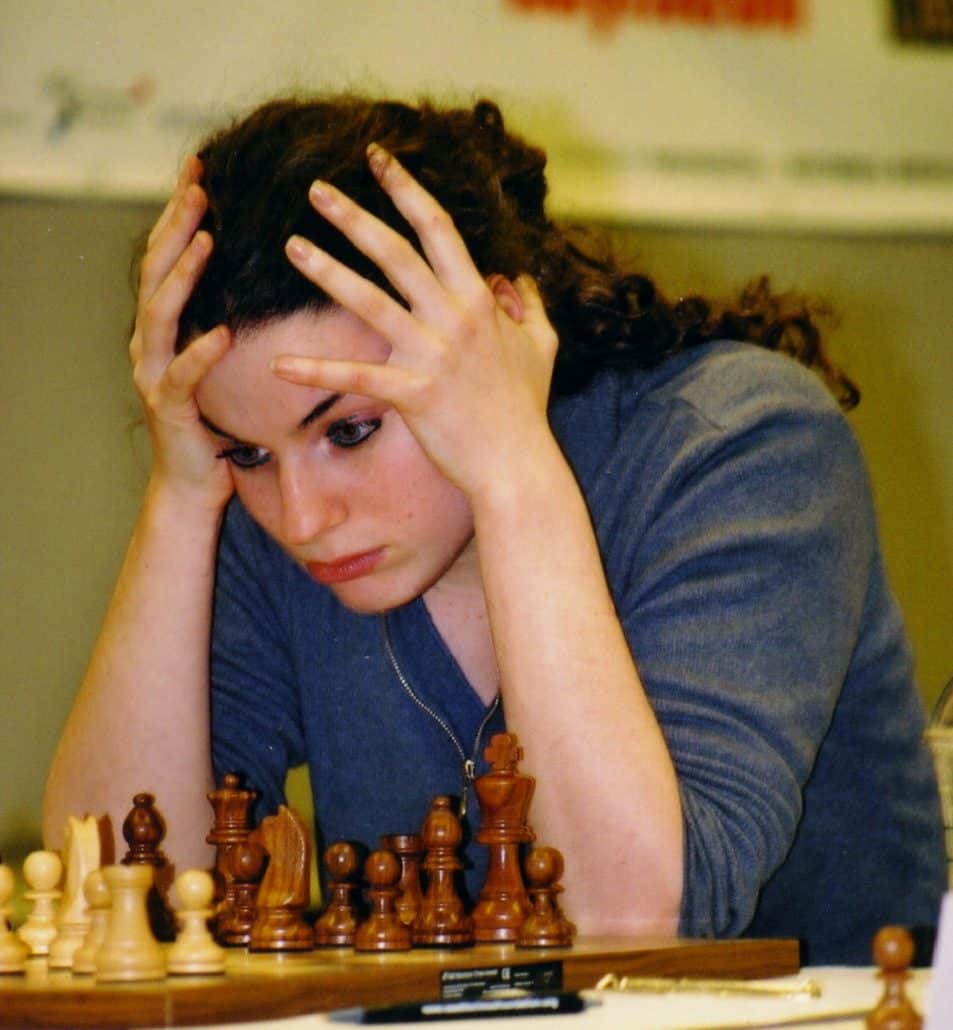
Personally, this is the most important lesson that chess and maths can ever give me. Both of them can give me useful and practical tools about life that I will carry until the day I die.
This is the most important benefit we all can take out of chess and maths as well, this is why it is good to study kids.
Every time you have to take a decision (and that’s everything we do in life: Taking decisions). You can use the same tools you use in chess and maths together to solve the problem.
- Take a look at the options you have, make sure to not forget anyone (candidate moves)
- Carefully analyze each “move” you spotted and try to figure out by a “calculating procedure” what is going to happen in such a case.
- Compare the results and come to the conclusion of what is the best “move” for you, make your move!
This is called, the elimination process in chess.
You may also like:
The Monster Stockfish 13 to Improve your Chess!

